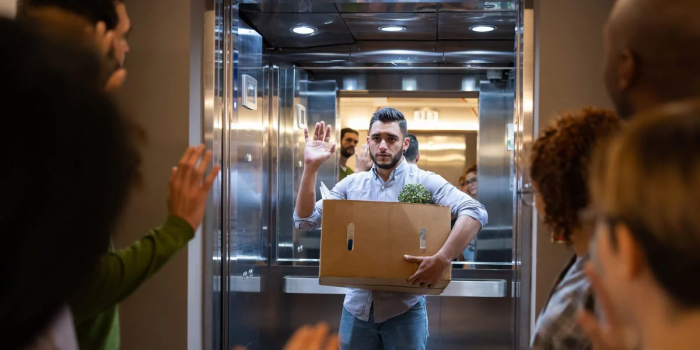In a bold move earlier this year, Suumit Shah, the 31-year-old CEO of the Indian e-commerce platform Dukaan, made headlines by replacing most of his human customer service team with an in-house chatbot powered by OpenAI’s ChatGPT. Shah’s decision, while controversial, reflects a growing trend in the business world as companies seek ways to leverage AI chatbots to reduce costs and boost efficiency.
Suumit Shah’s decision to replace his human customer service team with an AI chatbot was nothing short of audacious. He boldly stated, “It was [a] no-brainer for me to replace the entire team with a bot, which is like 100 times smarter, who is instant, and who cost me like 100th of what I used to pay to the support team.” This move challenges the conventional wisdom of AI’s role in the workforce.

The rise of AI chatbots in recent years has sparked a growing interest in cutting costs by automating tasks previously handled by human employees. However, this approach comes with significant implications for the job market. The Washington Post warns that call centers, particularly in countries like India and the Philippines, could face massive job losses as companies turn to chatbots as a more cost-effective alternative.
Sharad Sharma, co-founder of the non-profit iSPIRT Foundation, expressed concerns about the potential impact: “You will… end up seeing a lot of jobs be eviscerated. And the fewer jobs that will remain will be different kinds of jobs.” Filipino senator Imee Marcos also sounded the alarm, stating that AI’s rapid development threatens employment growth.

Despite the controversy, Suumit Shah remains steadfast in his decision and has even ventured into developing a new product to assist other companies in transitioning to chatbot-based customer service. The question remains: Is this a reckless disregard for human livelihoods, or a genuine attempt to enhance productivity and adapt to the changing technological landscape?
As the use of AI chatbots continues to grow, it is clear that striking a balance between cost-cutting measures and safeguarding jobs will be a challenge that businesses, governments, and societies must address. Ensuring the survival and prosperity of displaced workers in an increasingly automated world is a pressing concern that requires innovative solutions. The future of work hangs in the balance, and the path forward will determine whether it brings progress or hardship.


